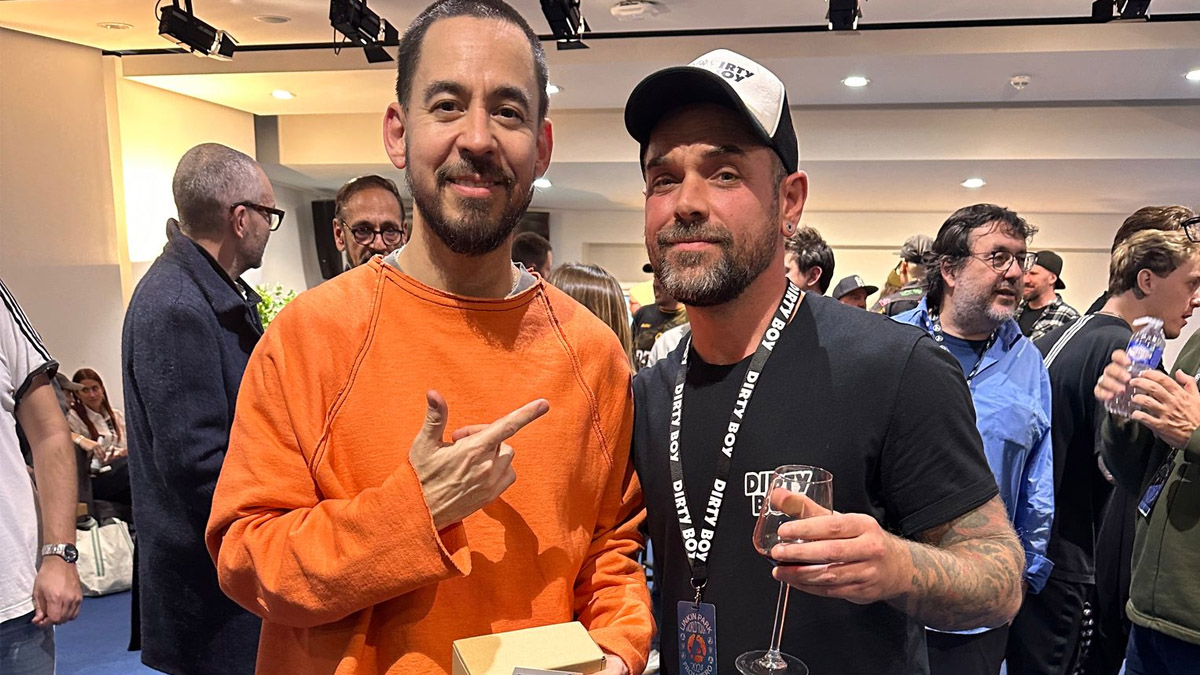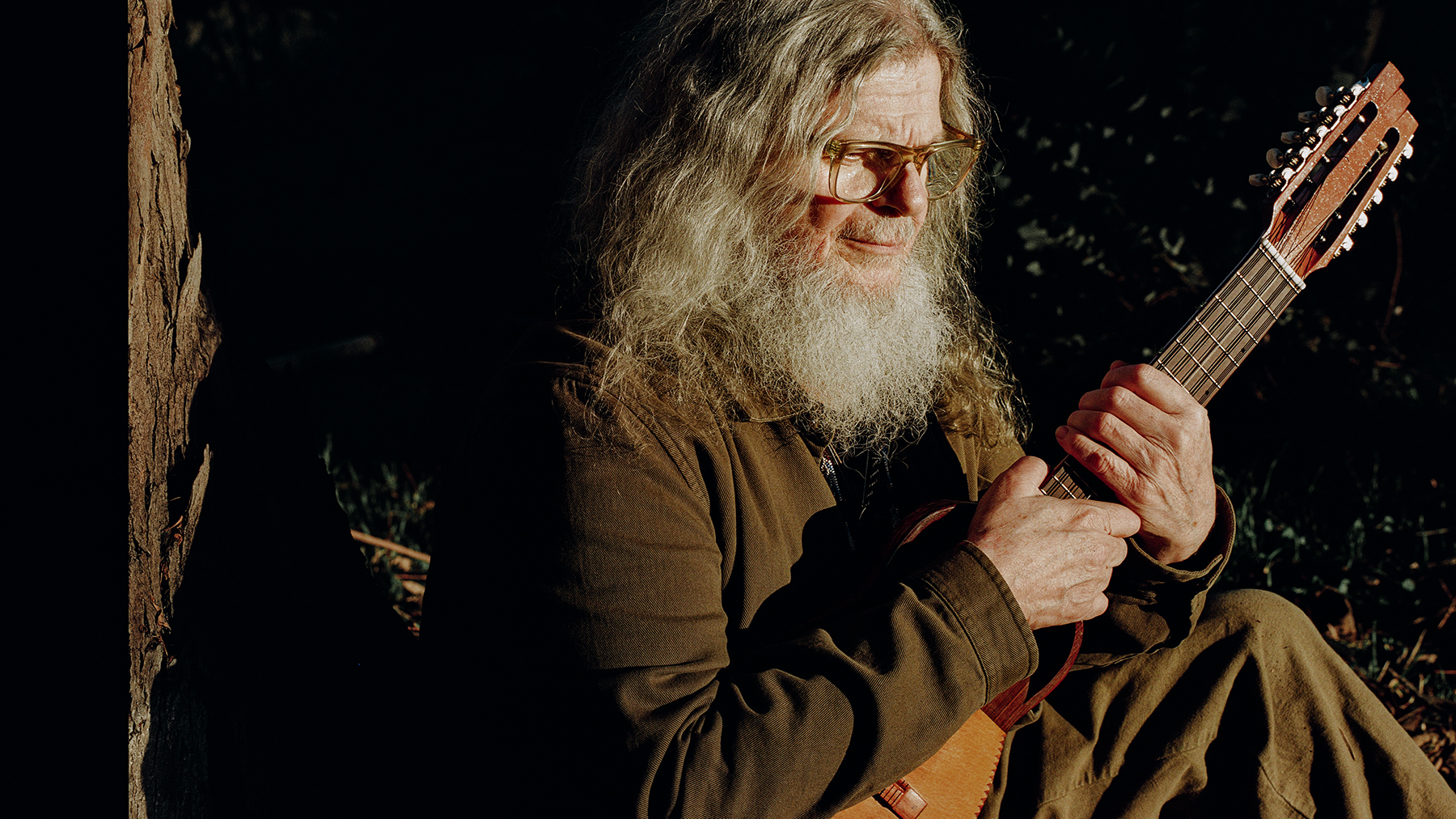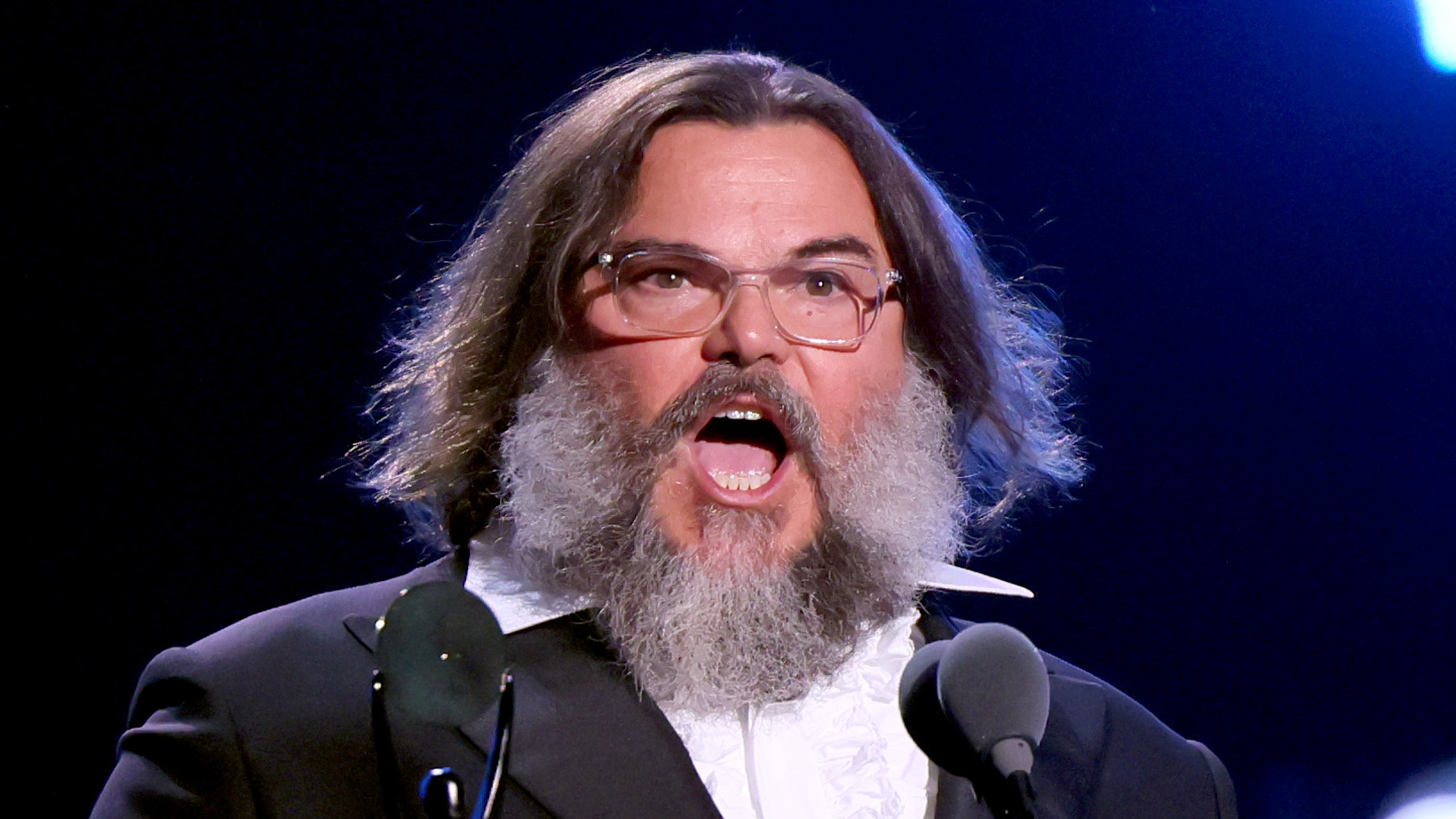“I hate a song that makes you think that you are not any good. I hate a song that makes you think that you are just born to lose”: Woody Guthrie's songwriting philosophy debated
Songwriters and enthusiasts discuss what Woody Guthrie meant in his famous quote about 'songs that run you down or poke fun' and whether it's an outlook that still stands
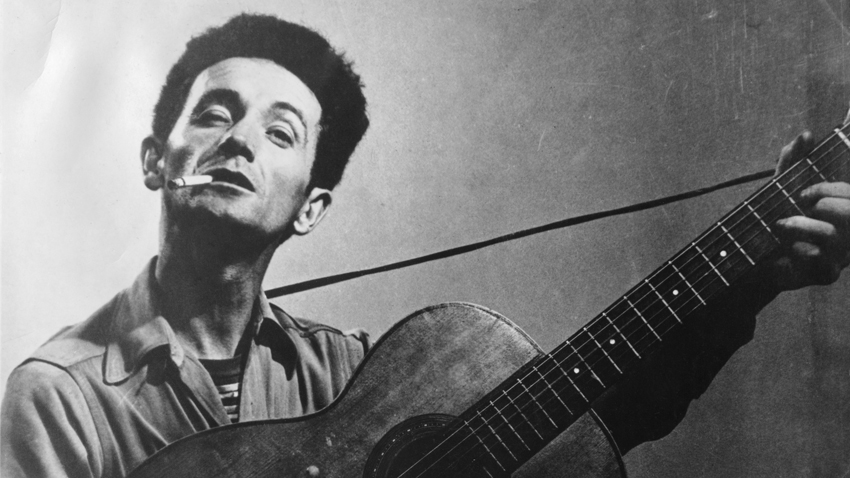
With the recent release of the Timothée Chalamet-starring Bob Dylan biopic A Complete Unknown (soon to premiere in the UK), renewed interest has been expressed in Dylan's idol: folk music legend Woody Guthrie and the influence the political firebrand had on Dylan's own songwriting.
Much like Dylan after him, Woody Guthrie's songwriting was highly politically charged, and orbited themes of socialism and personal liberation in the face of the growth of capitalism and various forms of facism. Songs such as This Land Is Your Land and Tear the Facists Down still resonate strongly to this day.
Between 1944 and 1945, as part of a short radio show on New York's WNEW radio station, Guthrie introduced his 15-minute segment with a lengthy manifesto. This firmly hammered home what Woody was opposed to when it came to songwriting. The full quote is as follows:
"I hate a song that makes you think you’re not any good. I hate a song makes you think you are just born to lose. Bound to lose. No good to nobody. No good for nothing.
Songs that run you down or songs that poke fun at you on account of your bad luck or your hard traveling.
"I am out to fight those kind of songs to my very last breath of air and my very last drop of blood. I am out to sing songs that’ll prove to you that this is your world and that if it’s hit you pretty hard and knocked you for a dozen loops, no matter how hard it’s run you down or rolled over you, no matter what colour, what size you are, how you are built, I am out to sing the songs that make you take pride in yourself and in your work."
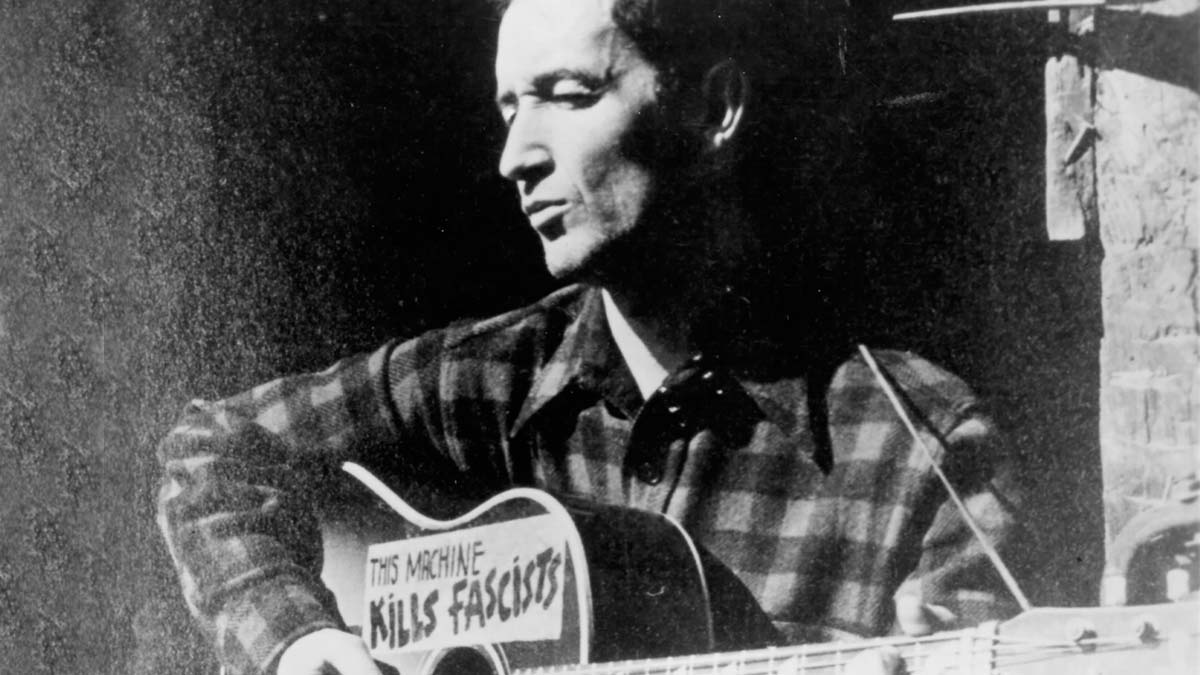
In context, the quote directly pertains to what Guthrie wanted to play on his radio show and reflected his personal politics (not to mention the social inequalities of the era he lived in). But, the now famous quote has encouraged some debate over on Reddit's r/Songwriting channel, with many weighing in on the broader implications of the quote, while other users have been inspired by a re-post of the quote to share their own songwriting philosophy.
Guthrie's quote can be read as an expression of his socially liberal philosophy against the growing, anodyne mass of then-popular songs. These typically excluded the working class and minorities from entry and visibility. Yet while Guthrie had specific targets in his crosshairs, the general thrust of being against songs that directly empower the listener remains a though-provoker for songwriters today.
"I'm fine with making music that dwells on personal flaws... yeah, it may not be uplifting, but you can spare yourself and the people around you a lot of heartache by being honest with yourself and with others about who you are..." stated Reddit user Apocalyric. "There is value in catharsis as well. It isn't pessimism to share a communal sense of despair. But it is nice to offer hope for communal progress toward something better as well," responded user happlepie.
"Art comforts the afflicted and afflicts the comfortable" quoted another user, which triggered a debate on the merits of great art that wallowed in torment and misery: "I don't agree that's true of all or most art. A nice Manet landscape isn't afflicting anybody nor is Hieronymus Bosch giving anybody comfort" responded user GruverMax.
Though the wider context of the rights and wrongs of catharsis and negativity in songs is ultimately a matter of personal taste, it's very hard to not find Guthrie's original quote - firmly focussed on empowering those without a voice, in the face of those who hold power and cultural sway - affecting. It certainly had an impact on the young Robert Zimmerman.
It's likely that A Complete Unknown's release (in which Woody Guthrie is portrayed by Scoot McNairy) will encourage further interest and analysis in Guthrie's work, and his resilient political views. Head over to the r/Songwriting discussion to read more, and read our story on Guthrie's importance to the evolution of folk.
Get the MusicRadar Newsletter
Want all the hottest music and gear news, reviews, deals, features and more, direct to your inbox? Sign up here.

I'm the Music-Making Editor of MusicRadar, and I am keen to explore the stories that affect all music-makers - whether they're just starting or are at an advanced level. I write, commission and edit content around the wider world of music creation, as well as penning deep-dives into the essentials of production, genre and theory. As the former editor of Computer Music, I aim to bring the same knowledge and experience that underpinned that magazine to the editorial I write, but I'm very eager to engage with new and emerging writers to cover the topics that resonate with them. My career has included editing MusicTech magazine and website, consulting on SEO/editorial practice and writing about music-making and listening for titles such as NME, Classic Pop, Audio Media International, Guitar.com and Uncut. When I'm not writing about music, I'm making it. I release tracks under the name ALP.
“Nope, it’s real”: Jack Black and Keanu Reeves both confirmed for upcoming Weezer movie
“An amazing piece of history from the British blues scene”: Robert Plant is selling a trove of gear for charity – including a John Birch-modded ‘62 Stratocaster with two switches that once belonged to Stan Webb of Chicken Shack
